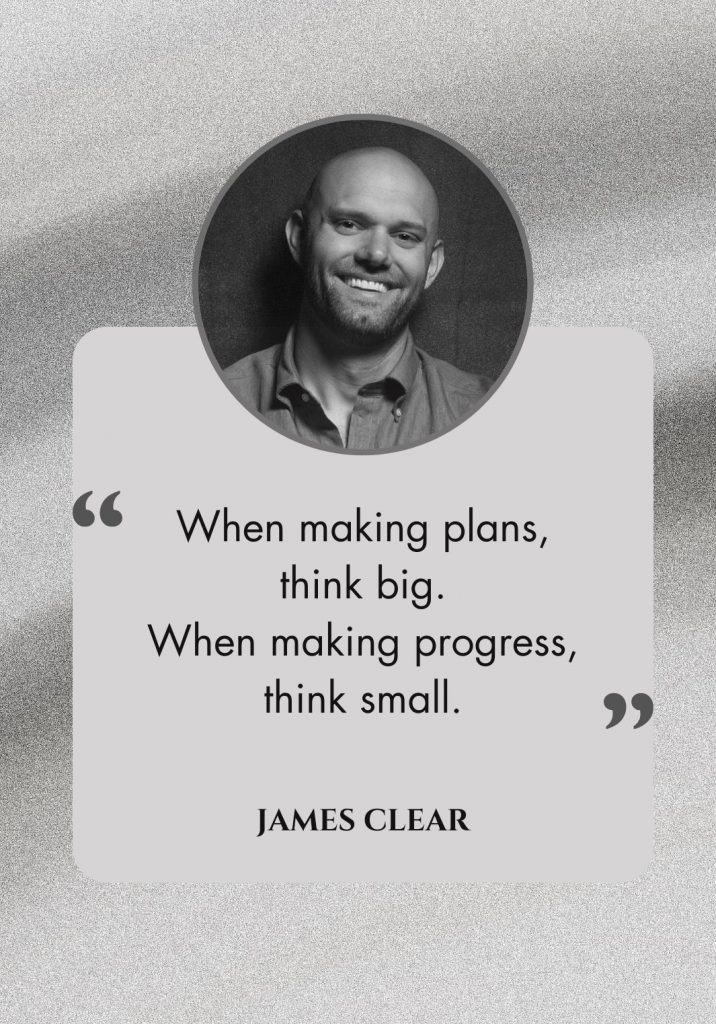Ben Horowitz shared his ideas on defining a culture In a conversation with Patrick O’Schaugnessy
Let me give you a small but probably the most important insight, which is from Bushido, the Way of the Warrior from the Samurai. A culture is not a set of ideas. It’s a set of actions. If you define your culture as a kind of set of ideas – integrity, do the right thing, we have each other’s backs, or any corporate values – it’s actually just a bunch of fucking platitudes. It doesn’t mean anything. The culture has to be defined in terms of the exact behavior that you want that support that idea. What do you have to do to actually be that thing that you want it to be? It’s the little things. How responsive are you to your colleagues? What’s the SLA on returning a Slack message or an email? Do you show up to meetings on time? Not everybody has those ideas, but if you want that idea, you’ve got to manifest it through something else.

